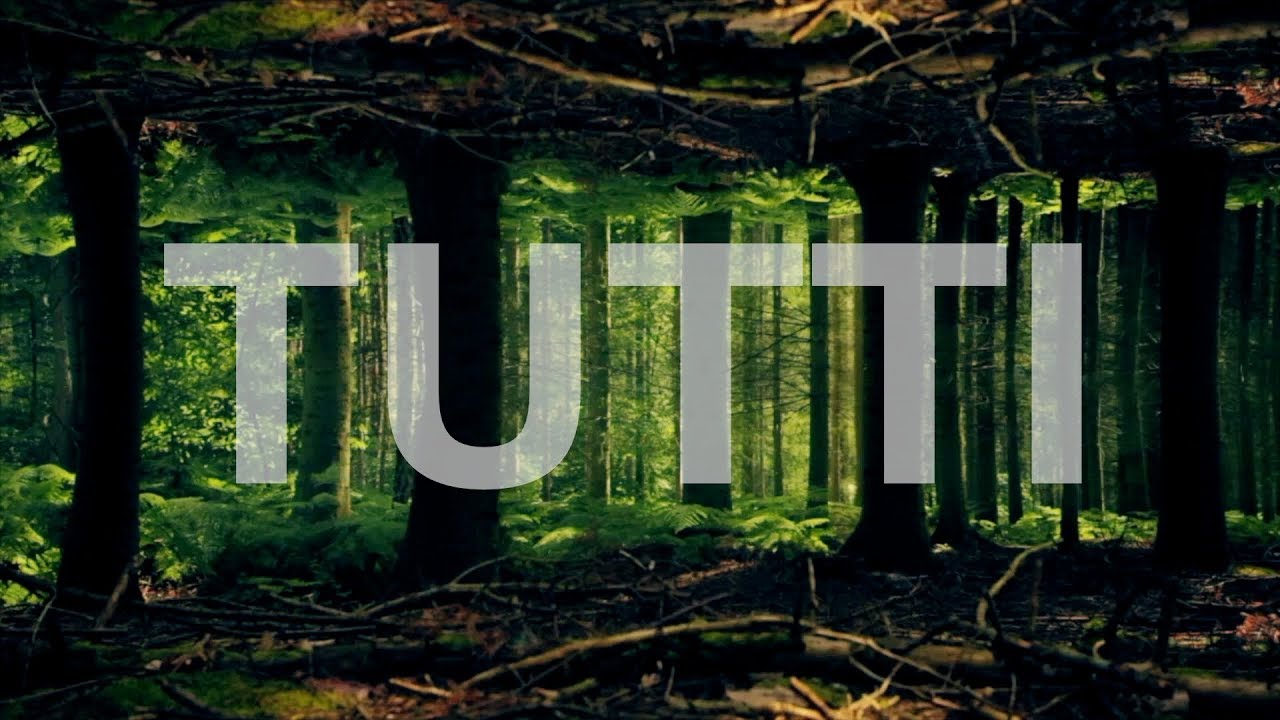A follow-up to her only other solo album Time To Tell released back in 1982, Cosey Fanni Tutti describes TUTTI as: "the only album I’ve made that is an all encompassing statement expressing the totality of my being. A sense of the past in relation to the present and everything in between." It’s comprehensible then, that these pieces originated around the time of her writing her autobiography Art Sex Music, and were used initially to soundtrack an autobiographical film Harmonic Coumaction as part of a COUM Transmissions retrospective to open 2017’s Hull UK City of Culture.
Unlike Cosey Fanni Tutti’s autobiography, there’s no straightforward chronology to TUTTI. Both self-titled in the sense of it being the title track and containing one third of her adopted name, the opener ‘TUTTI’ is tight industrial techno with Tutti’s cornet leading the listener through its frenetic pulse like the rogue hand of a friend in a packed rave. Her faraway voice takes the same role on ‘Heliy’, bringing a more improvisational quality to the hypnotic lurches of its spidery modular synths. When you reach album closer ‘Orenda’ you’ve made a post-club excursion down to the North Norfolk landscape where Cosey Fanni Tutti recorded the album and lives.
Through sound sculpting, she makes every piece feel part of the same image: glitchy and stretched metallophones, horns and modular ambience become lorries honking as they drive past in slow motion, somehow sonically in sync with a lapping tide. In his Ambient series, Brian Eno often explicitly captured the sounds of rural East Anglia untouched by human activity, but here TUTTI hints at an industry of agriculture, rumbling vehicles interrupting an otherwise silent A140 road in the dead of night. And in this moment you find yourself back at the very beginning; the opening synth pads of Time To Tell’s ‘Ritual Awakening’ can bleed seamlessly into the gentle bobbing of TUTTI’s closure. With the whole album’s sense of time and place so skewed, TUTTI’s latter ambient tracks ‘Orenda’ and cornet-intensive ‘En’ appear more as slowly changing scenes rather than set journeys from A to B.
Despite having worked with Chris Carter under several guises, Cosey Fanni Tutti hasn’t had the kind of authoritative musical career that the group’s other members have been afforded following the split of Throbbing Gristle. Chris Carter has released nine solo studio albums; Genesis P-Orridge formed and continues to front Psychic TV; Peter "Sleazy" Christopherson helped form that group and later Coil with Jhon Balance. But it’s clear from TUTTI – especially from her signature cornet sound – that Cosey Fanni Tutti’s musical input and knowledge was just as integral to Throbbing Gristle as the group’s other (predominantly male and in the case of Genesis P-Orridge allegedly abusive) members. TUTTI feels retrospective in the sense that Cosey Fanni Tutti doesn’t introduce anything strikingly unfamiliar to her sonic palette here, with its ambient closing tracks a retread back to Time To Tell. TUTTI though is essential in that it marks Cosey Fanni Tutti as the auteur of her own sound world, as well as being a strong facilitator, artist and collaborator.



